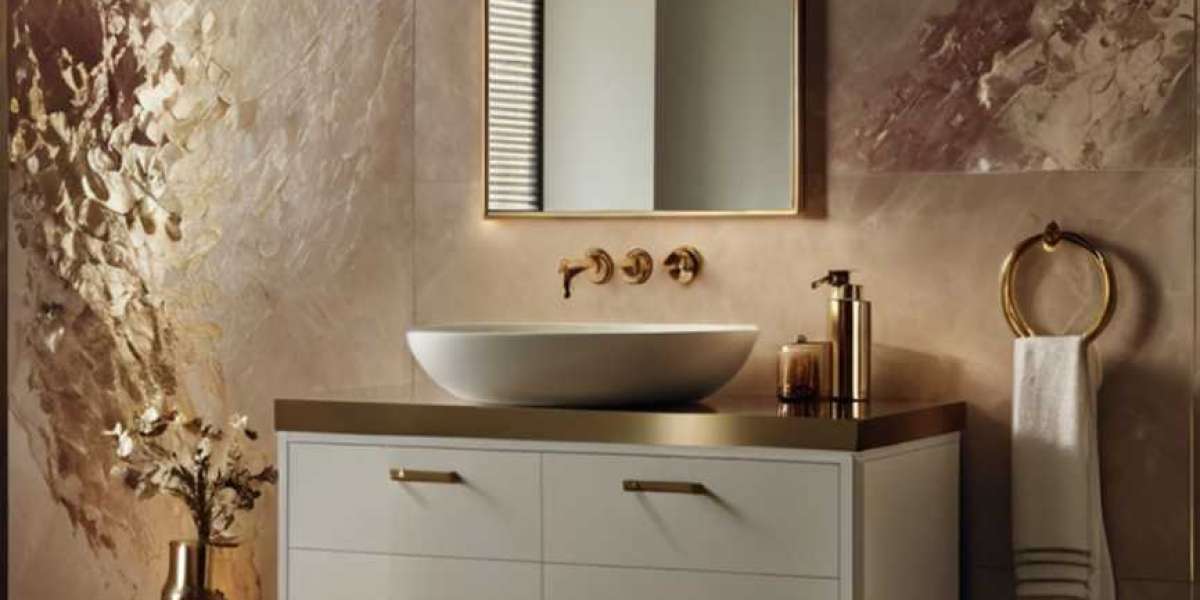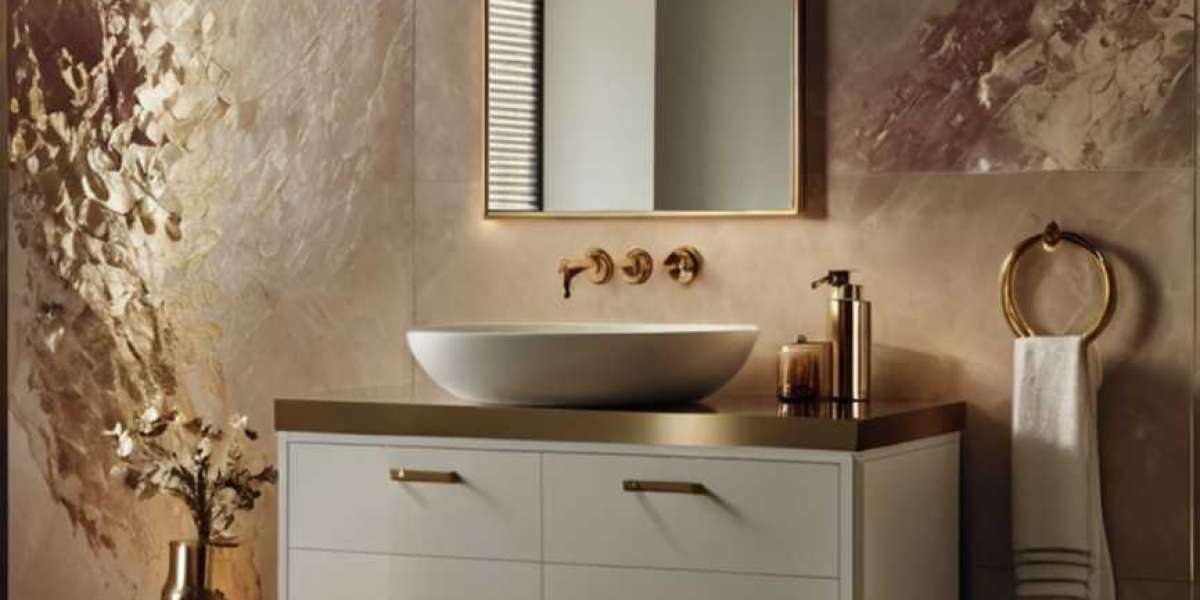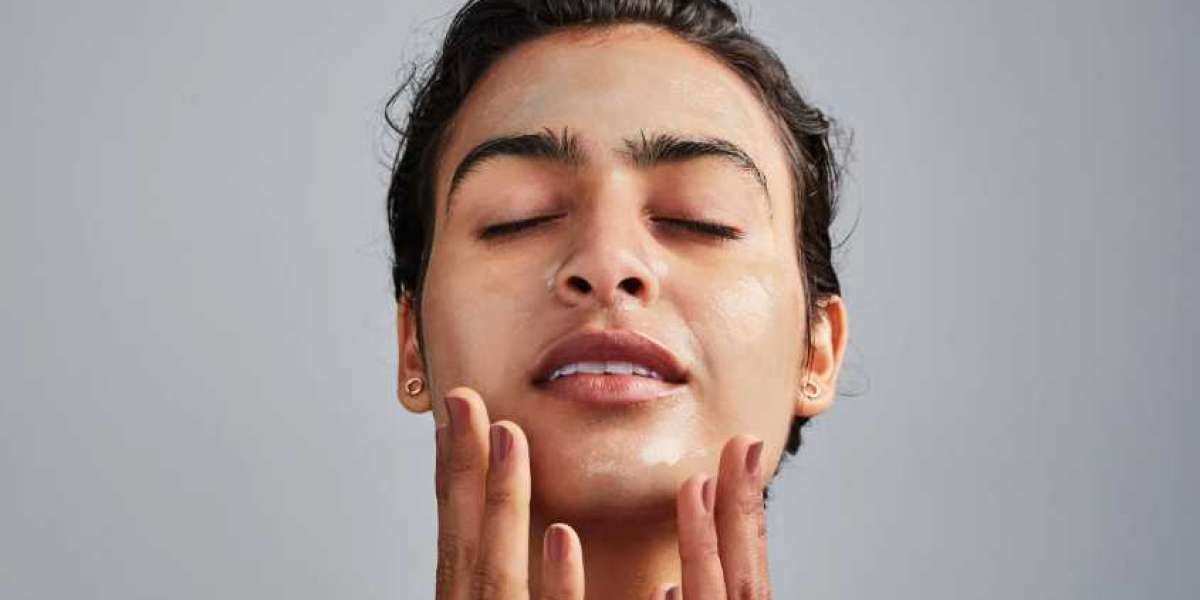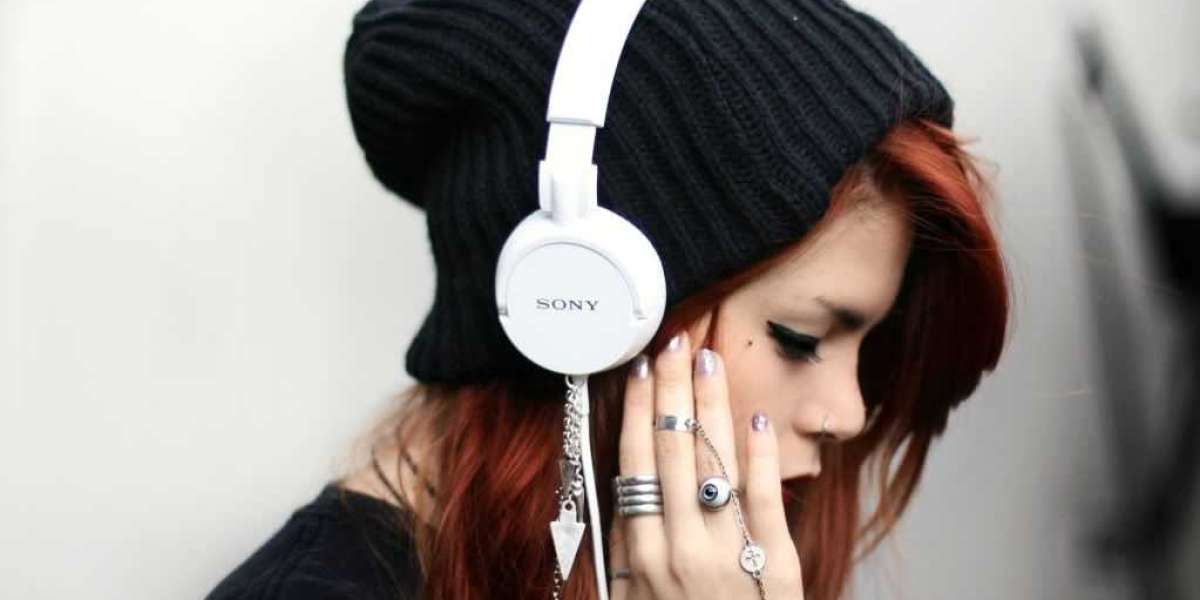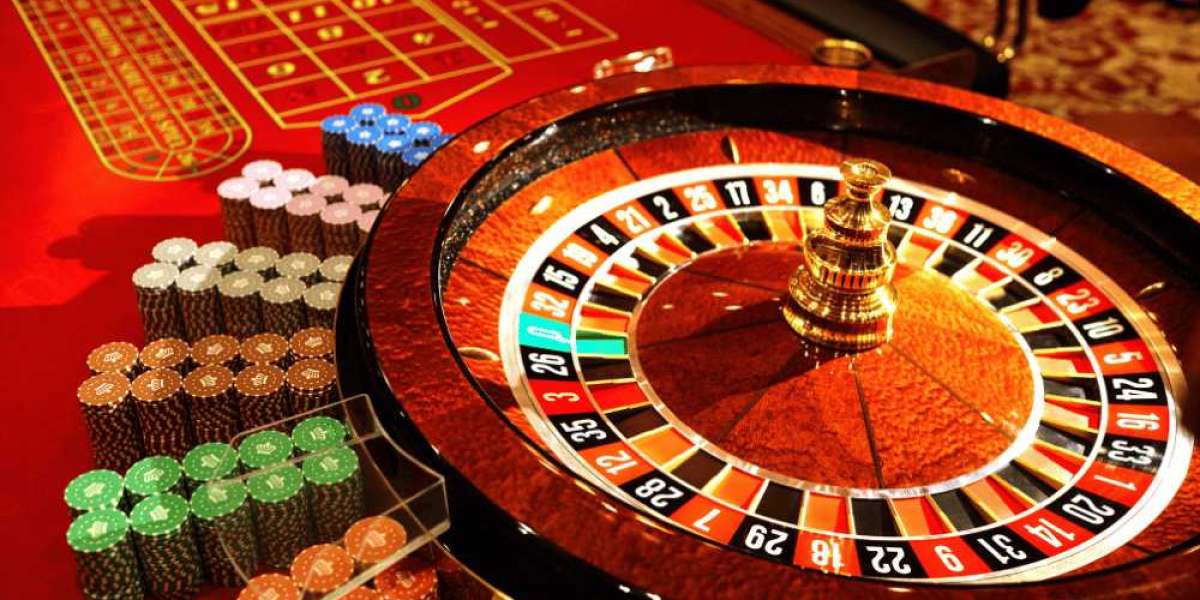For years, we've uttered the platitudes that society is becoming more accepting, more inclusive, and more progressive when it comes to beauty. We prefer to believe that women now are unshackled from the unrealistic standards that once ruled magazines and billboards. But beneath the "body positivity" campaigns, the filtered selfies, and the hashtags lies a bleaker reality — women's beauty standards are not improving. They're deteriorating.
The pressure has merely switched disguises.
Rather than liberating women, contemporary beauty culture has become a more insidious, more inescapable, and more multifaceted system — one that requires perfection not only of a woman's body and face, but of her whole life.
1. The Illusion of Progress
On the surface, it seems like we’ve come a long way. Social media celebrates “real bodies.” Brands feature models with stretch marks, freckles, and curves. Influencers preach self-love.
But scroll deeper, and the message becomes confusing.
Even in campaigns that claim to represent “real women,” everyone still looks conventionally attractive — just slightly more “relatable.” The so-called diversity is curated. The imperfections are airbrushed to look perfect.
We’ve traded one narrow definition of beauty for dozens of slightly expanded ones, but the pressure remains. Now women are expected not only to look beautiful but also to look effortlessly natural while doing it.
2. The Rise of the Filtered Self
In the early 2000s, beauty standards were shaped by magazines and celebrities. Today, they’re shaped by every woman with a smartphone.
Filters, editing software, and AI-powered beauty tools have obscured the distinction between what is real and what is imaginary. Women no longer compare themselves to models and actresses — they compare themselves to doctored photos of themselves.
That's much worse.
When the image in the mirror never equals the filtered selfie, self-worth suffers. You start to think that the "real you" is not enough.
A 2023 American Psychological Association study revealed that more than 70% of young women reported feeling pressure to Photoshop their photos before posting them on the internet. Beauty is no longer something you're born with — it's something you must create to fit in.
And the most terrifying part? It's become normalised.
3. The Body Positivity Paradox
The body positivity movement started as a revolutionary act — an uprising against the unrealistic standards of thinness and perfection. It taught women to love their bodies the way they are.
But as it went mainstream, the beauty industry co-opted it.
Today, companies appropriate "body positivity" to move more products. They promote self-love, but their underlying argument is still there: you'll love yourself more if you buy this.
The revolution that was meant to liberate women has been turned into a marketing tool.
But worse than this, body positivity has become a new form of pressure. Women are now supposed to always feel confident, regardless of what — which is impossible. It's another thing to fall short on.
The reality is, self-love does not involve loving every aspect of yourself at all times. It involves embracing the fact that you are human. But in an age fixated on looks, even authenticity has become performative.
4. The New "Perfect" Woman
Contemporary standards of beauty aren't about what you look like — they're about how you live.
Her new "perfect woman" is not just skinny; she's toned, fit, radiant, and perpetually productive. She sips green juice, practices daily meditation, wears clean skincare, and possesses a picture-perfect Instagram look.
She's natural, but only in the most edited sense.
This ideal of perfection has moved from outward appearances to a whole way of life — one that's unrealistic for the majority of women. You can no longer just be pretty; you need to be well, confident, and accomplished.
That is, women are supposed to be perfect in all aspects — physically, mentally, and even ethically.
5. The Price of Endless Comparison
Social media made beauty a never-ending competition.
There's always someone younger, thinner, more toned, more fashionable, or more "naturally beautiful." The infinite scroll gives us the impression that everyone else is naturally perfect.
The constant comparison wears one down. It makes even women who know better insecure.
What is more bothersome is the pace of transformation — beauty styles go and come quicker than ever. Contouring one year, "clean girl aesthetic" the next. Thicker brows last year, thinner ones this year. Women must stay current or be "behind the times."
The pursuit is never over, because the target keeps shifting.
6. The Psychology of Perfectionism
At its core, today’s beauty culture feeds on perfectionism.
Perfectionism isn’t about striving for excellence — it’s about believing you’ll never be good enough. And the beauty industry thrives on that insecurity.
It sells hope disguised as empowerment: the next product, the next treatment, the next “glow-up” promise. But no matter how much women invest in makeup, skincare, fitness, or wellness, it’s never quite enough. There’s always another flaw to fix.
The system is designed to keep women in a cycle of self-improvement, chasing a standard that constantly evolves just out of reach.
7. What We’ve Truly Lost
In trying to “fix” beauty, we’ve lost something essential — the freedom to just be.
Women used to be told how to look. Now, they’re told to define their own beauty — but only if it still fits within certain boundaries. The illusion of choice hides the same underlying truth: beauty still defines a woman’s worth more than it should.
We’ve made progress in words, but not in mindset.
8. The Way Forward
Unless beauty standards are going to actually improve, they must cease being standards altogether.
Beauty must be an individual experience and not a public spectacle. It must honor diversity without making it trendy. It must allow women to freely express themselves and not fit into another checkbox.
True progress is to educate girls that beauty isn't something you get — it's something you already possess. It's in your face, your presence, your generosity, your belief in yourself.
The future of beauty shouldn't be a pursuit of perfection but a finding of peace in imperfection.
Final Thoughts
We like to think that beauty ideals are getting better — that we're beyond the damaging notions of the past. But in fact, they've only become more insidious.
Today's beauty culture doesn't scream its requirements; it whimpers them through filters, algorithms, and "self-love" mantras that continue to peddle insecurity disguised.
Women are worthy of more.
Because real beauty isn't in conformity to society's standards — it's in refusing them altogether and understanding that being imperfect, authentic, and human is the most beautiful thing of all.
https://ourmagazine.site123.me/my-blog/japanese-cosmetics-in-europe-the-best-stores-and-brands
https://pkplanetdotcom.weebly.com/blog/japanese-cosmetics-review
